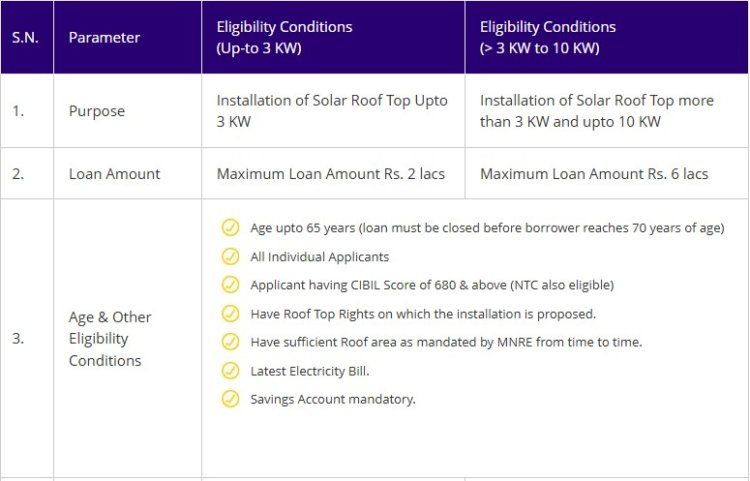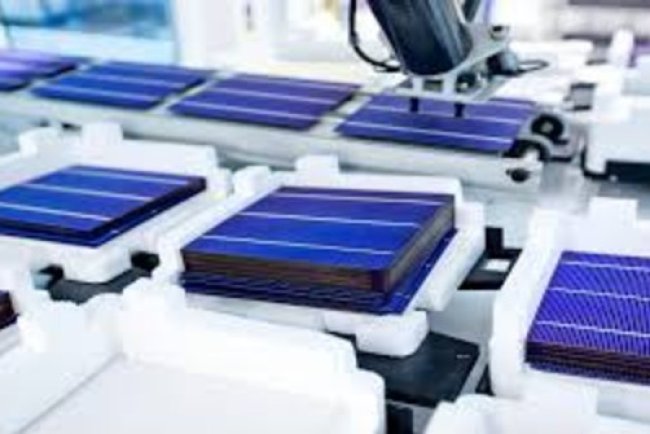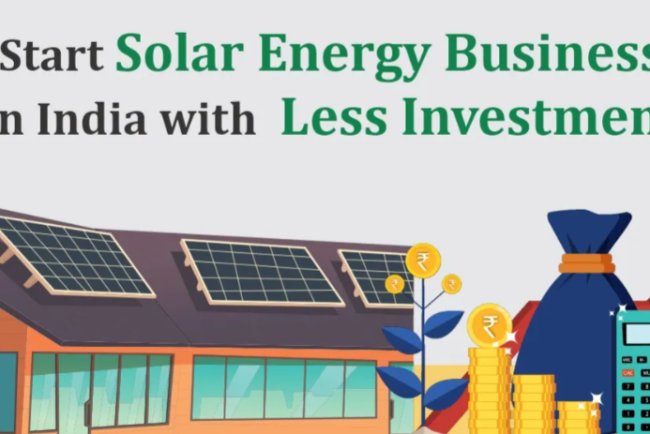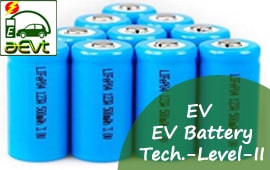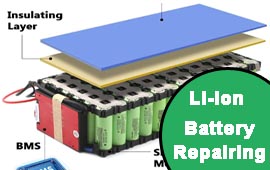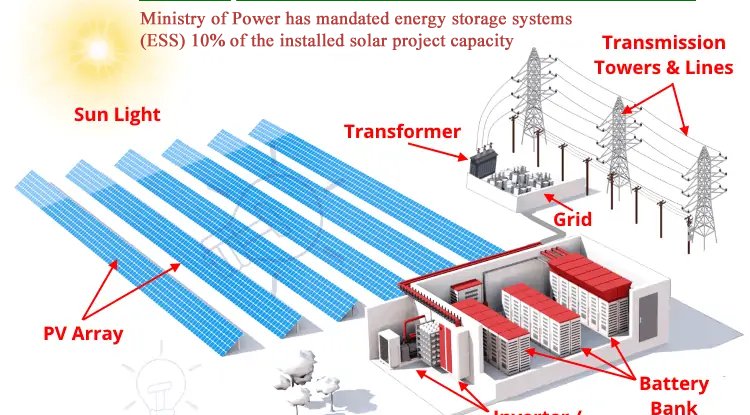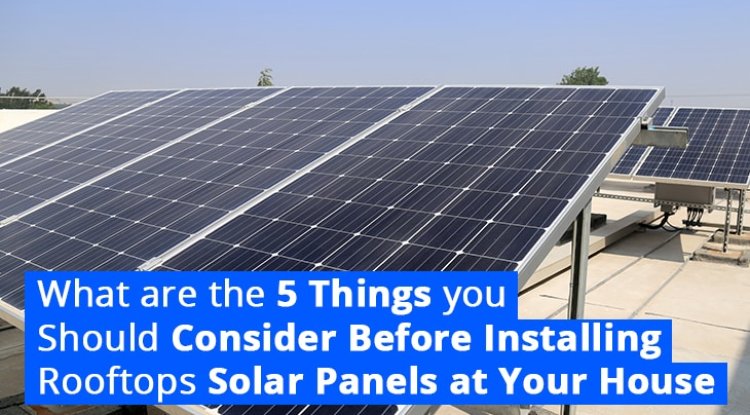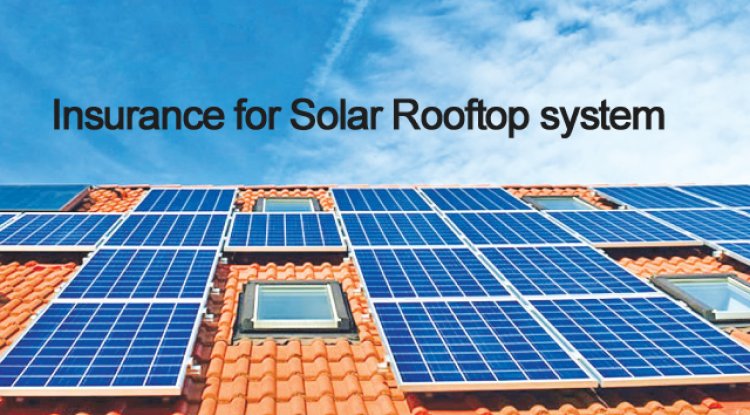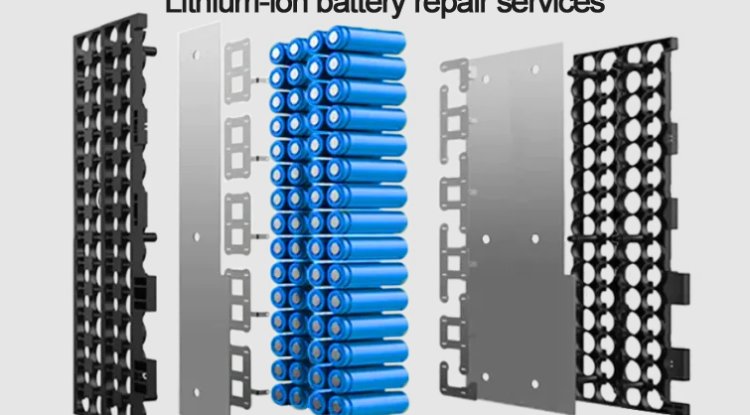Loan for Surya Ghar Rooftop Solar
PR Newswire: As on date (12.03.2024), (a) 7% p.a. , if loan is for installation of Solar roof top of up to 3 KW capacity. (b) 10.15% p.a. , if loan is for more than 3 KW and up to 10 KW capacity. Tamil Nadu has the highest installed rooftop solar capacity in India of 132 MW followed by Maharashtra at 89 MW, Gujarat at 69 MW, Haryana at 57 MW and Punjab at 55 MW.. These states have implemented visionary policies and initiatives to leverage their solar potential and accelerate the adoption of solar power.
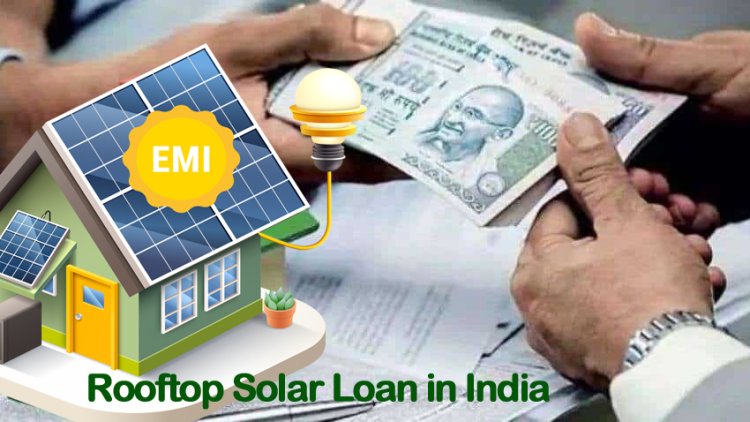
The rooftop solar market in India consists of residential, commercial and industrial (C&I) and government segments. As of March 2024, residential rooftop solar installed capacity in India was about 3.2 gigawatts (GW), or 27% of the total rooftop solar installations in the country, with about three-quarters of this capacity in Gujarat.
Distributed generation technology, like rooftop solar panels, is becoming more mature and is playing a critical role in the construction of future energy systems. The adoption of residential rooftop solar is a “win-win” scenario, resulting in significant savings for consumers and state electricity distribution companies (DISCOMs) on cross-subsidisation costs and reduced aggregate technical and commercial (ATC) losses. The residential sector is expected to grow the fastest, and the government's PM Surya Ghar Yojana is expected to drive growth in rural and tier 2/3 cities.
However, the initial costs of installing solar panels can be a barrier for many. This is where rooftop solar loans come into play. In this blog, we will explore how solar loans can transform your home, focusing on the benefits, financial aspects, and the overall impact on your living space.
The Asian Development Bank (ADB) has approved $240.5 million in loans to finance rooftop solar systems in India in 2016, that will help the government expand energy access using renewable energy. The financing was made for available to the State Bank of India (SBI) and the National Bank for Agriculture and Rural Development (NABARD) to provide loans to developers and end-users throughout India to install rooftop solar systems. Source https://www.adb.org/news/adb-approves-support-rooftop-solar-systems-india
Understanding Rooftop Solar Loans
While purchasing solar panels provides you with an immeasurable return on your investment, but not everyone holds the funds on hand to meet the upfront expenses of going solar. A solar loan is a financing option designed specifically to help homeowners cover the upfront costs of installing solar panels at your home or office.
These solar panel loans have some similarities with other loans you've seen. When looking at solar financing possibilities, it's important to consider all aspects of the loan, including:
1. Loan term: the maximum timeframe for making payments on the loan.
2. The interest rate, often known as the APR: is the amount that lenders charge for borrowing money.
3. Fees: are any additional costs imposed by the lender at the time of loan start.
Principal Amount: This is the starting size of your loan, the money your lender hands over to install solar power plant.
Financing Term: The financing term, often referred to as the "loan contract," "loan length," or "loan term," is the maximum amount of time you will be making payments on your loan. This phrase has a big impact on important things like your interest rates, how much you have to pay each month, and how much your solar panels will return altogether (ROI).
Interest rate and APR: People sometimes mix up interest and annual percentage rates (APR). When you look at your loan papers, especially depending on your lender and the loan type, you might find percentages for both APR and interest rate. If that happens, the APR usually looks bigger than the interest rate because it covers extra loan fees.
Fees:
Origination/dealer fee: Sometimes solar lenders impose an additional cost to offset their lending risk. This is sometimes referred to as an initiation fee, loan fee, or lender fee. Since there is no industry-wide dealer fee, the amount will differ based on the lender.
Closing costs: Occasionally, you may see closing costs stated on your solar loan. These costs are comparable to origination fees in that they cover the risk the lender assumes when closing on the loan.
Interest rate: Interest rates for solar loans can range from 8.25% to 12.5% or more, depending on your credit score, loan amount, and other factors. As per the officials data, Indian bank offers 7.0% rate of interest for those who want to install maximum 3 KW solar panel system. Here we want to inform you that interest rate is depends on Repo rate. So for now it’s calculation is [Repo rate (6.5%) + Prime Spread (2.70%) – BSD (2.20%) = 7.0%].
Solar Loan Amount: Indian bank provides Rs 2 Lakh as a solar loan amount for those who want to install maximum 3 KW solar panel system but it will increase up to 6 lakh in case of rooftop solar system capacity will between 3 to 10 KW.
To install Solar Roof Top Upto 3 KW, SBI PM Surya Ghar – Loan for Solar Roof Top, SBI Floating Interest Rate (EBLR) - 2.15% Effective Rate as on date: 7% as on Last Updated On : Saturday, 07-12-2024
Choose a Perfect Solar Loan - Long-term or short-term loan
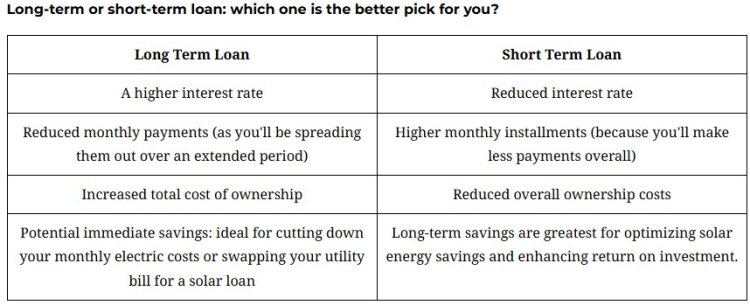
SBI Source: https://formesolar.com/solar-loans-everything-you-need-to-know/
Bank of Baroda giving PM-Surya Ghar Yojana loan Up to 90% financing.Source: https://www.bankofbaroda.in/personal-banking/loans/other-loans/pm-suryaghar-yojana-bundled
Central Bank of India offering PM SURYA GHAR YOJANA loan @ Repo + 0.50% (i.e. 7%). Source: https://centralbankofindia.co.in/en/Roof-Top-Solar-Loan-Scheme
PNB SCHEME FOR FINANCING OF ROOFTOP SOLAR POWER SYSTEMS Source https://pnbindia.in/SCHEME-FOR-FINANCING-OF-ROOFTOP-SOLAR-POWER-SYSTEMS.html
Union Bank: Union Rooftop solar - Loan is provided for installation of Grid connected RTS (Roof Top Solar) for residential purpose only. Source: https://unionbankofindia.co.in/en/Details/union-rooftop-solar
Indian Overseas Bank: IOB Surya - PM Surya Ghar. Source https://iob.in/IOB-Surya
Punjab & Sind Bank - PSB SCHEME FOR FINANCING ROOF TOP SOLAR (RTS) PROJECTS Source: https://punjabandsindbank.co.in/content/rts
Bank of Maharashtra - Mahabank Rooftop Solar Panel Loan scheme Source https://bankofmaharashtra.in/mahabank-rooftop-solar-panel-loan
HDFC’s solar loan
Please note: The above are indicative only and subject to change from time to time, as per lender policies. Actual loan terms and conditions may vary.Visit National Portal for Rooftop Solar Source: https://www.pmsuryaghar.gov.in/financialAssistanceReport
Tata Power Solar partners with the Bank of India to provide easy and affordable financing to accelerate installation of Rooftop Solar and EV Charging Stations
You can get a solar rooftop loan from Ecofy Finance Private Limited
Government Incentives for Homeowners to Go Solar
As per the PM Surya Ghar Yojana 2024, the subsidy structure is divided as per the capacity of the rooftop solar power plant:
- 1-2 kW – ₹30,000-60,000
- 2-3kW – ₹60,000-78,000
- Above 3kW – ₹78,000

RE News: Renewable energy Latest News & Resources - including solar, wind, hydropower, biofuels and others new and appropriate energy generation technology.
